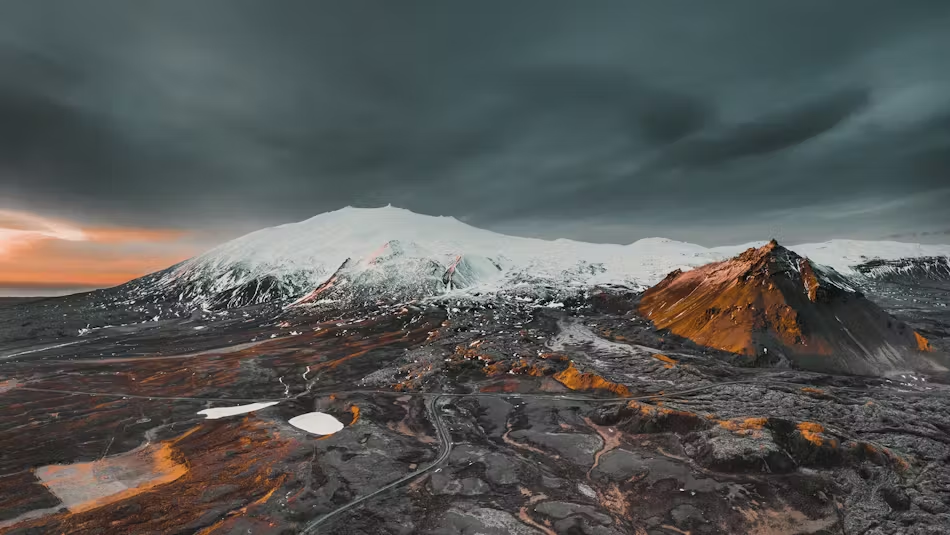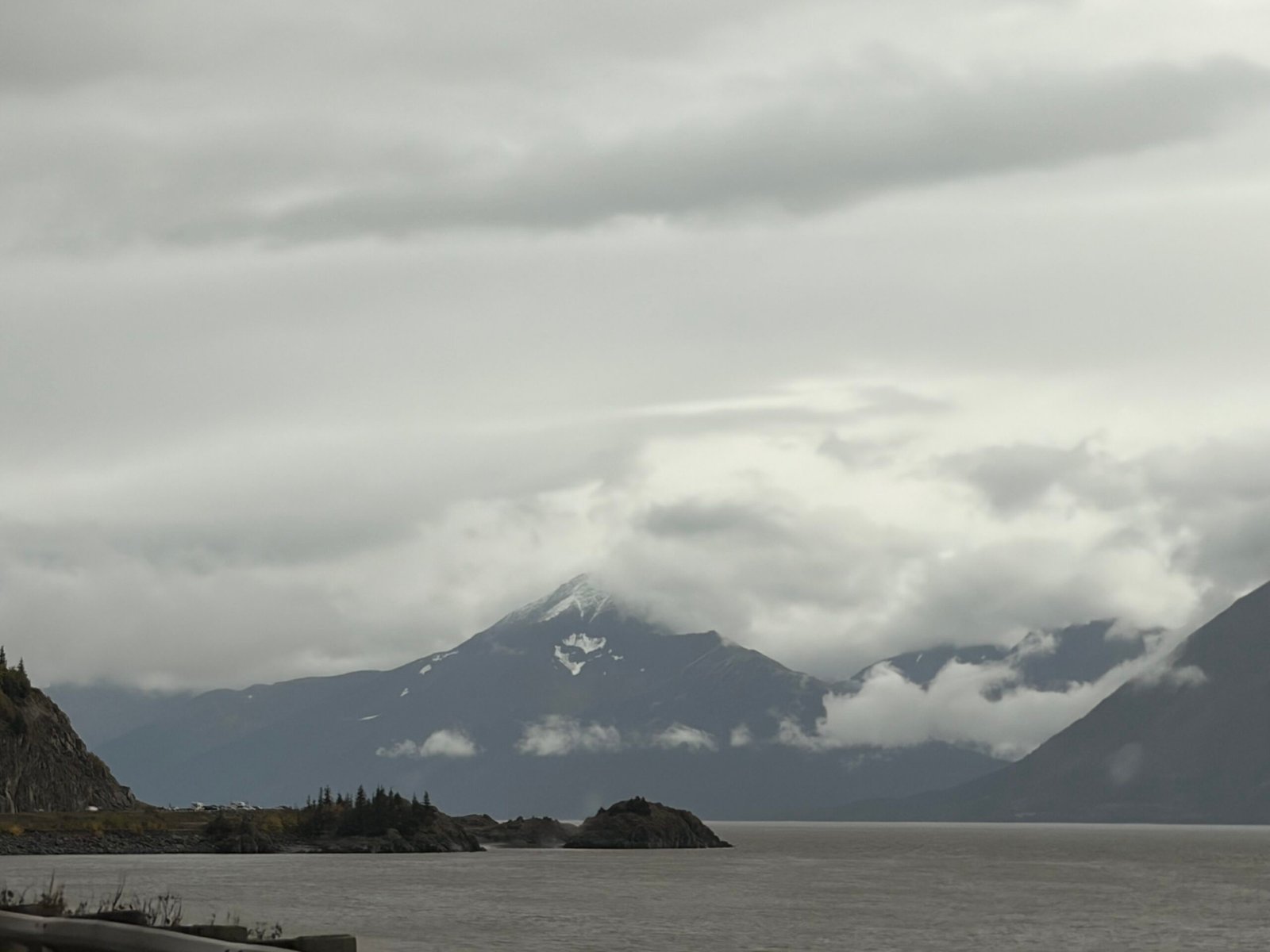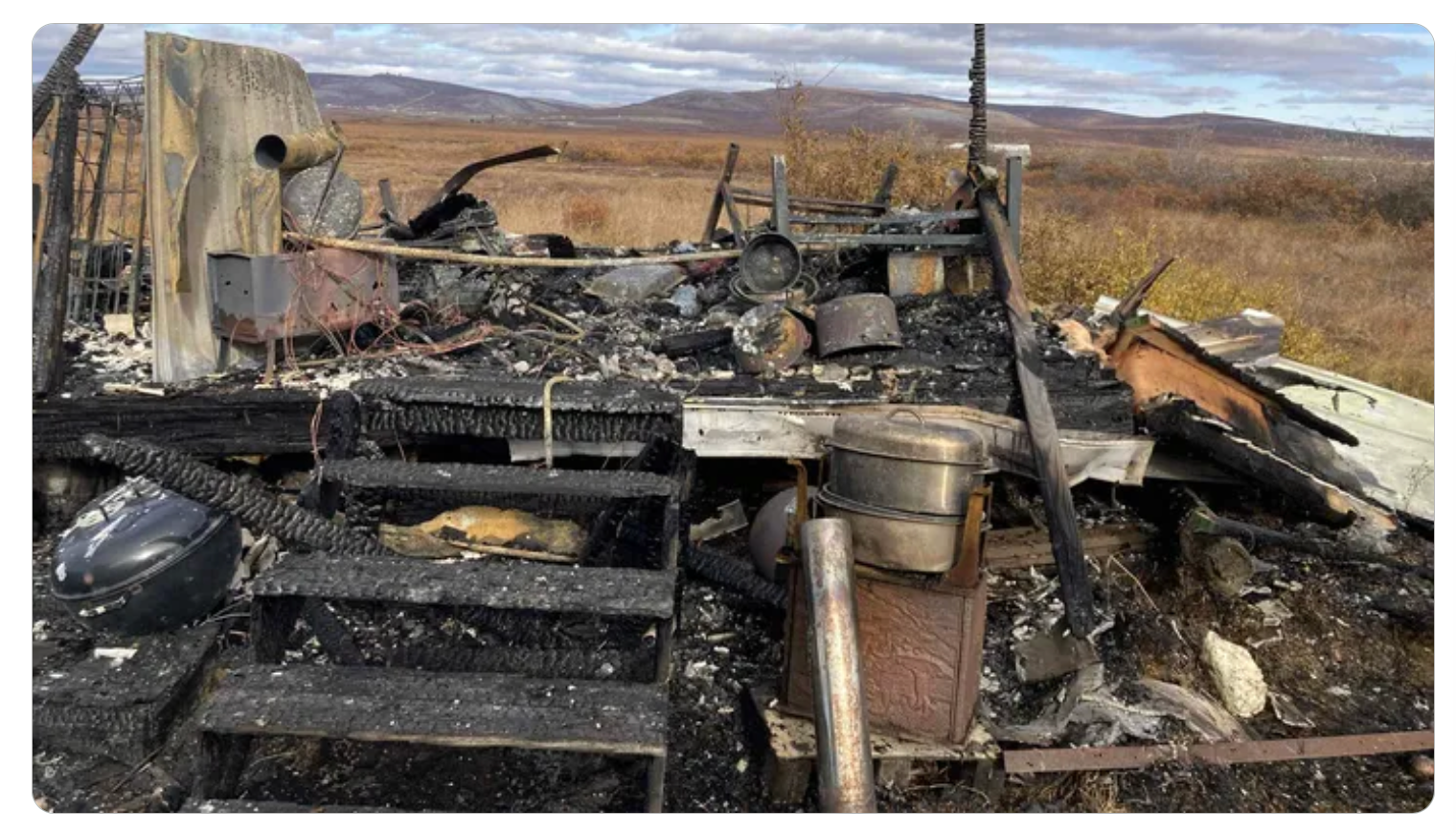The SNÆFELLSNES PENINSULA aka: Iceland in a Nutshell/PC: Visit Iceland
After centuries of blissful, bite-free living, Iceland just joined the rest of us in the buzzing battle against mosquitoes. From the mosquito capital of the North, Alaska offers a knowing nod — and a little sympathy.
By Gina Hill | October 21, 2025 | Alaska Headline Living
For as long as anyone could remember, Iceland had it good.
No mosquitoes. No midnight whining in the dark. No itchy welts the size of blueberries.
But this fall, that bragging right flew out the window — literally.
Scientists at the Icelandic Institute of Natural History have confirmed the country’s first-ever outdoor mosquitoes: three specimens of Culiseta annulata, a tough northern species that thrives in chillier climates.
Here in Alaska, we can’t help but grin (and scratch).
Welcome to the club, Iceland.
When Cold Isn’t Cold Enough
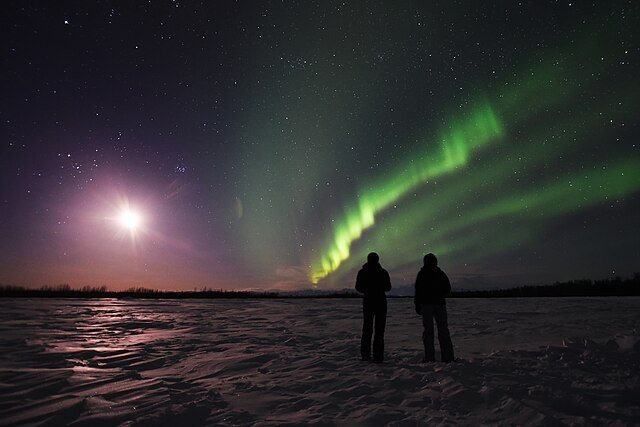
Alaskans know that mosquitoes don’t need balmy beaches to thrive.
They just need standing water and timing. From the tundra to Talkeetna, we joke that the mosquito is the state bird, but it’s no joke when they rise in clouds over every bog and puddle come June.

Iceland, until now, had a built-in advantage: its erratic freeze-thaw cycles killed larvae before they could grow. Temperatures would rise, melt the ice, then freeze again, halting the mosquito life cycle in its tracks.
Now, as Iceland warms more than 3.6°F since 1900, that natural defense may be fading.
“If these mosquitoes can overwinter in barns or basements, that’s a game-changer,” said Dr. Hildur Sigurðardóttir, a biologist at the University of Iceland. “They’ve found a loophole in the cold.”
Meet the New Neighbor: Culiseta annulata
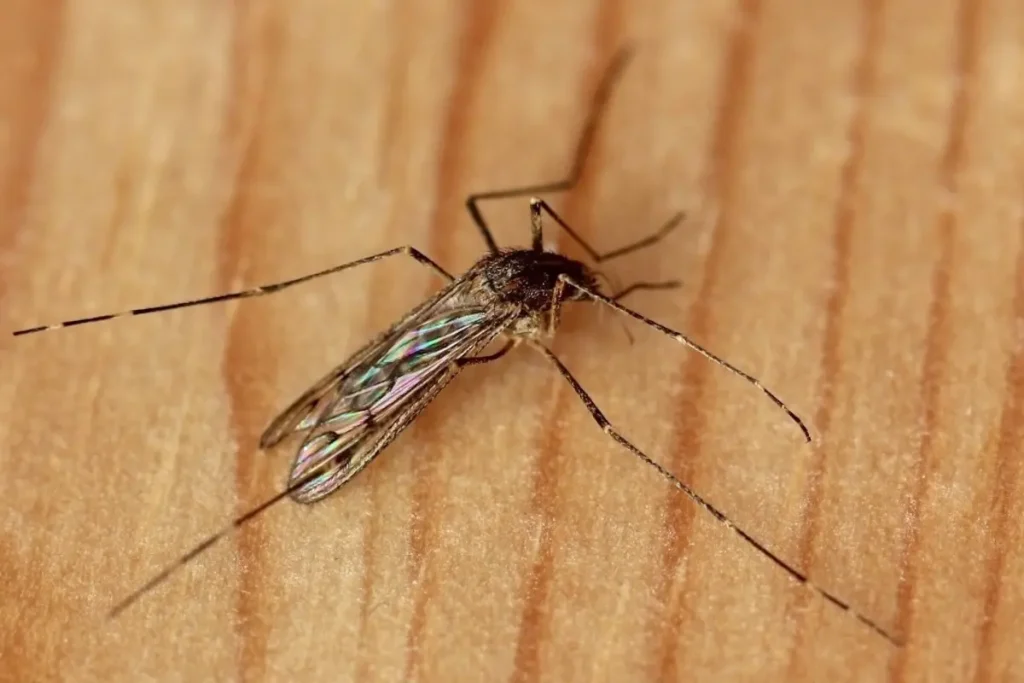
This is no tropical invader. Culiseta annulata is built for the North, a big, banded mosquito found from Scotland to Siberia.
It survives freezing winters by hibernating as an adult, tucked away in sheds and crawlspaces until spring returns.
For Icelanders, that’s a whole new rhythm of life to get used to.
For Alaskans? Just another Tuesday.
We know the drill: long sleeves in July, screens on every window, and enough bug dope to float an airboat.
So when Icelanders say they “never had mosquitoes before,” we can’t help but smirk. It’s a little like someone saying they’ve never seen rain … right before their first storm hits.
A Tiny Warning from the North
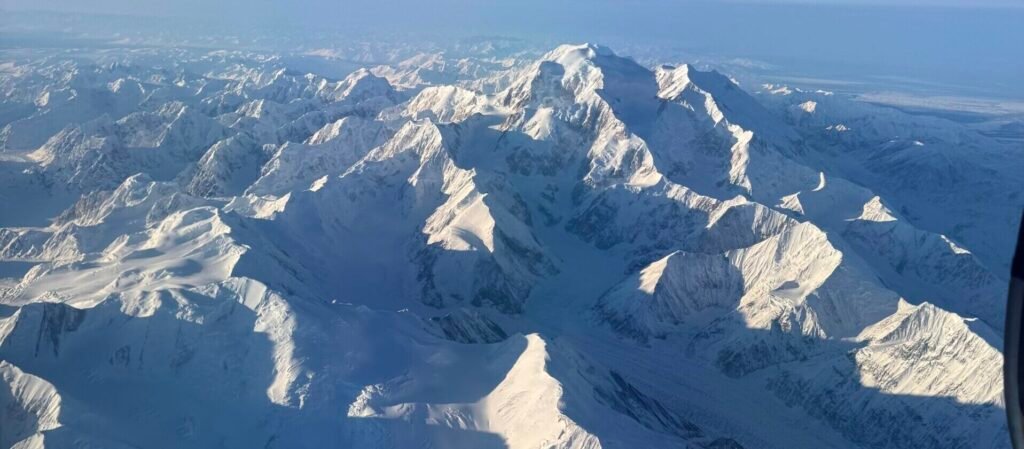
Jokes aside, Iceland’s discovery carries a serious message.
Mosquitoes are among the most climate-sensitive species on Earth. Their arrival in new latitudes, from Iceland to Arctic Canada, shows how fast warming is reshaping northern ecosystems.
“It’s not just about bites,” said Dr. Sigurðardóttir. “It’s about what moves with them: diseases, parasites, and changes in food webs.”
Alaska, already host to 35 mosquito species, offers a glimpse of that future: wetlands expanding with permafrost melt, longer summers, and more standing water for breeding.
The only mosquito-free place on Earth is now Antarctica. What happens in Iceland today could be what happens farther north tomorrow.
👉🏿 Advice from the Mosquito Masters
So from one northern neighbor to another, here’s our humble advice, Iceland:
- Keep your screens tight. They’ll find that one loose corner.
- Drain your puddles. Mosquitoes love a stagnant pool.
- Don’t panic. You’ll adjust. With a good hat, some humor, and a gallon of repellent.

🙏 Welcome to the mosquito belt. We’ve been waiting for you.
Sources: Icelandic Institute of Natural History; University of Iceland; Alaska Department of Fish and Game; RÚV (Icelandic National Broadcasting Service); Dipterists Forum, UK.

